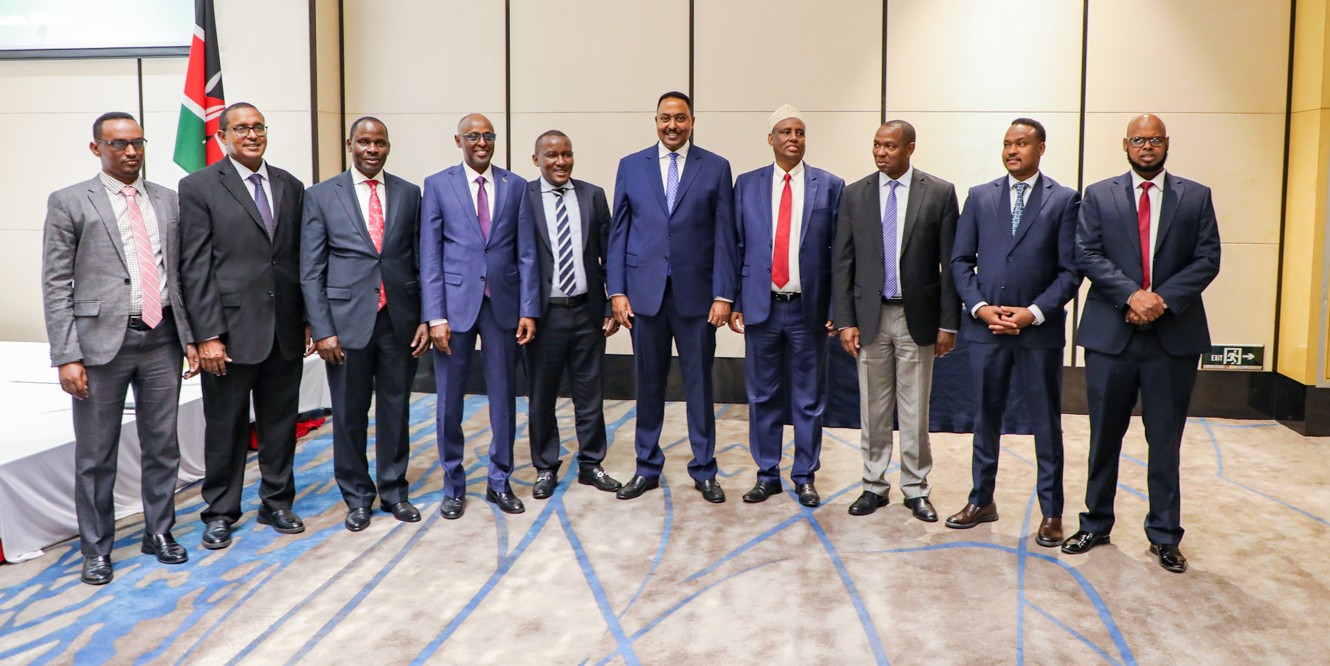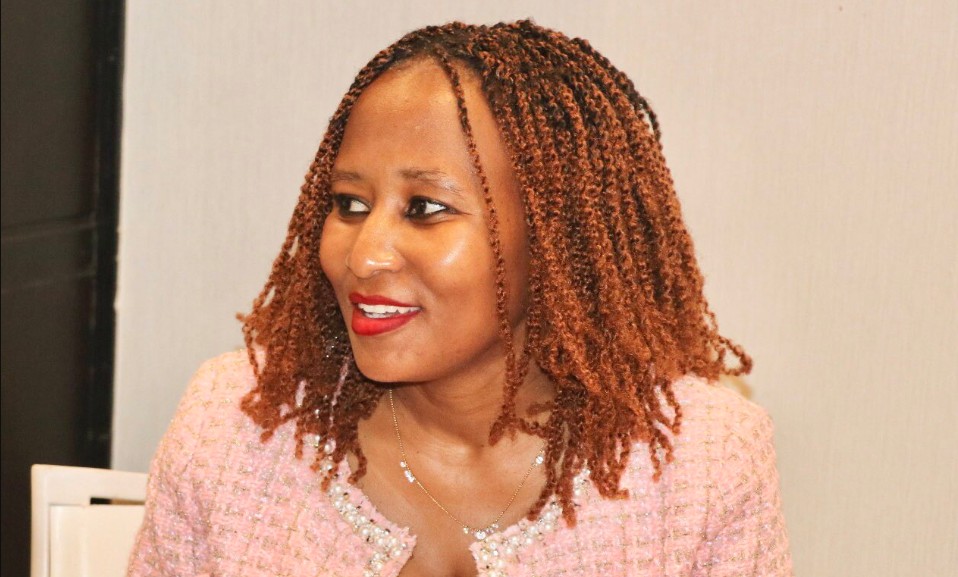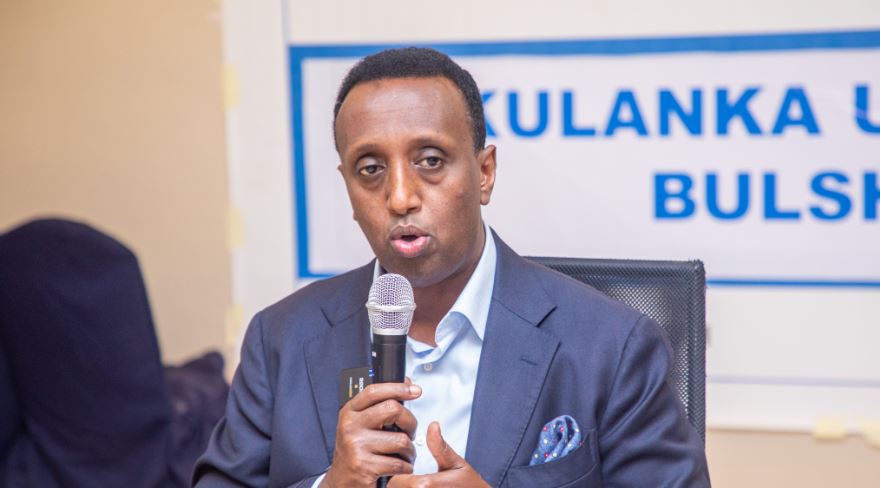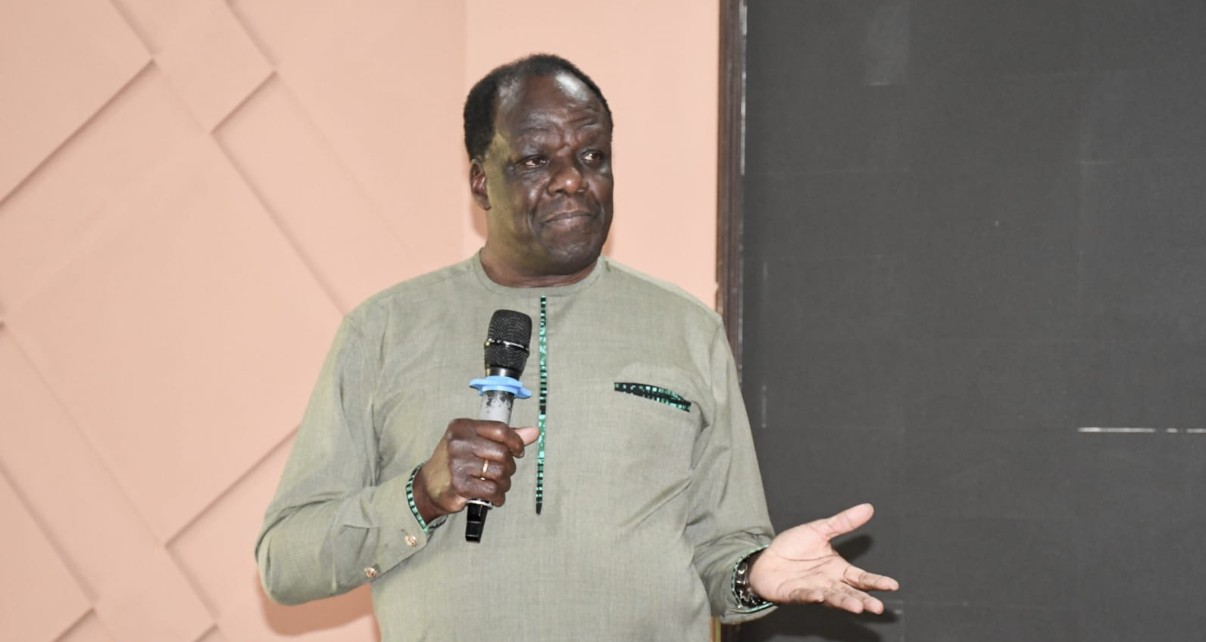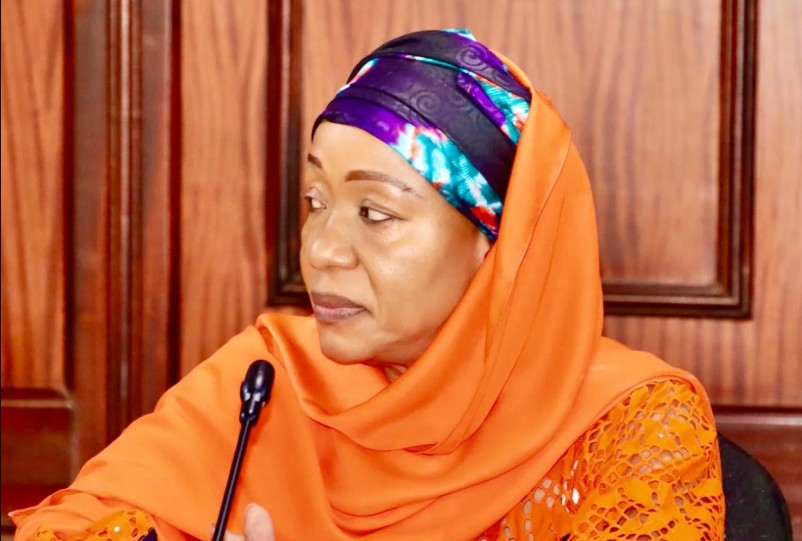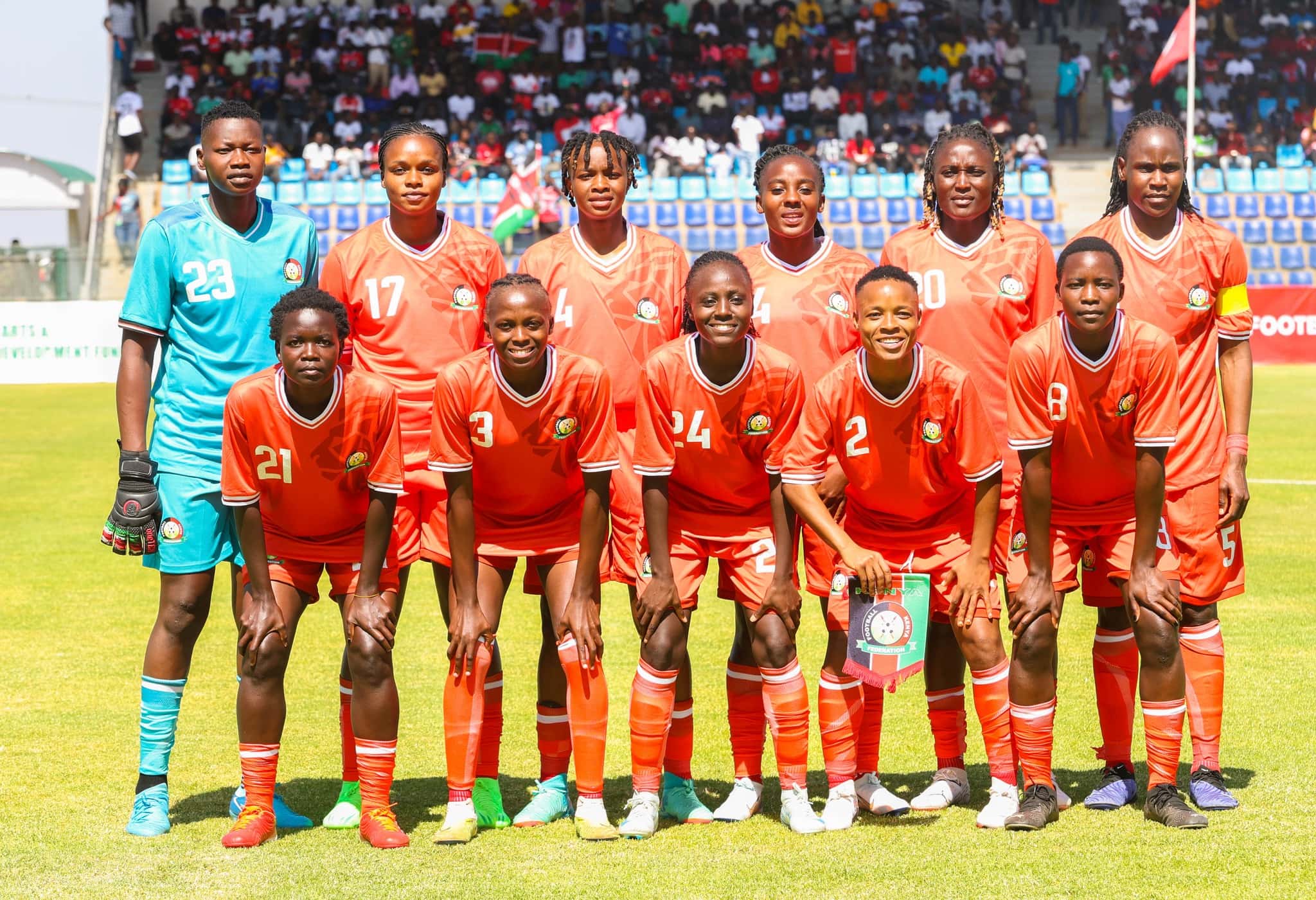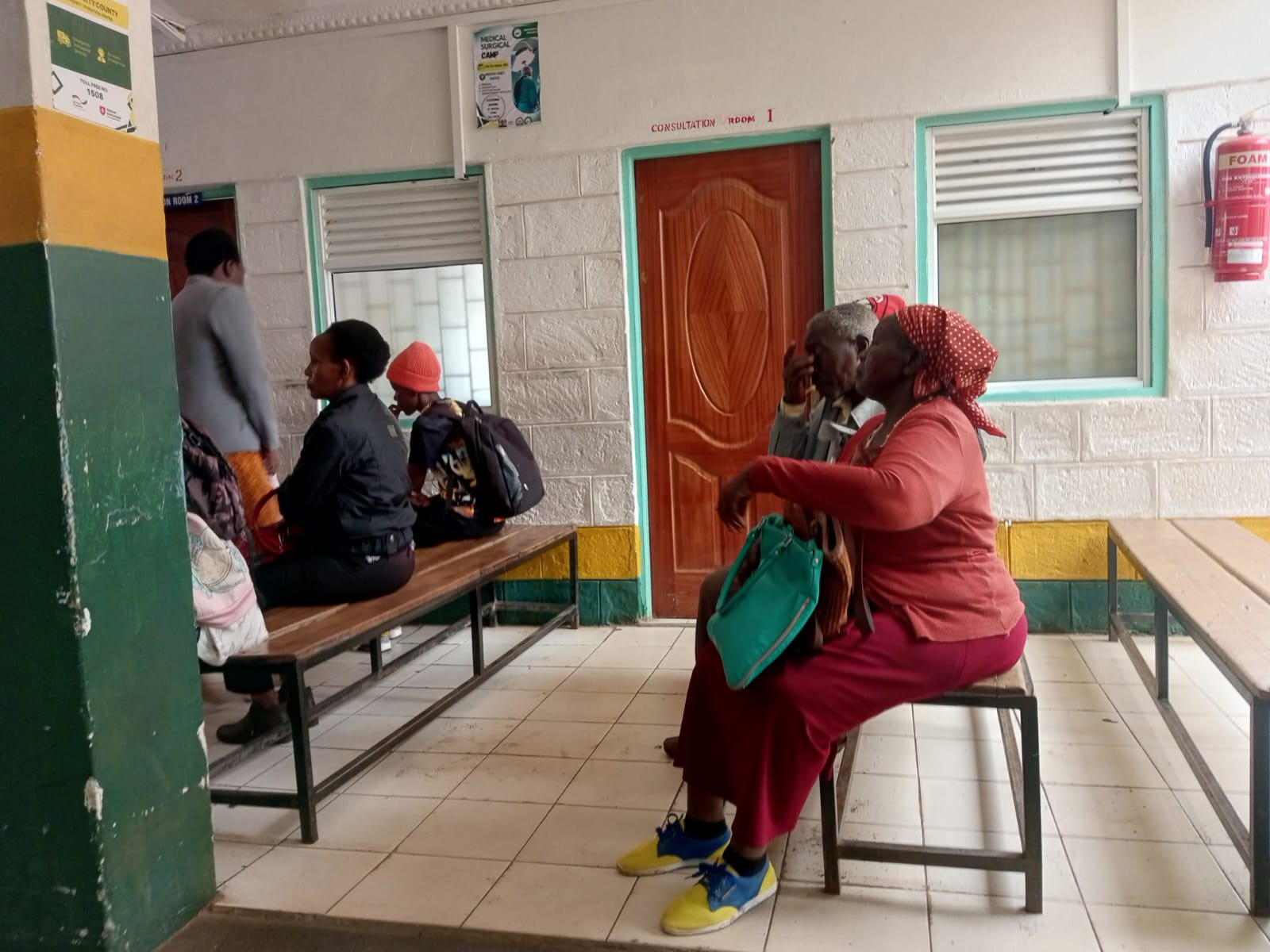Widow finds solace and success in farming Amaranth
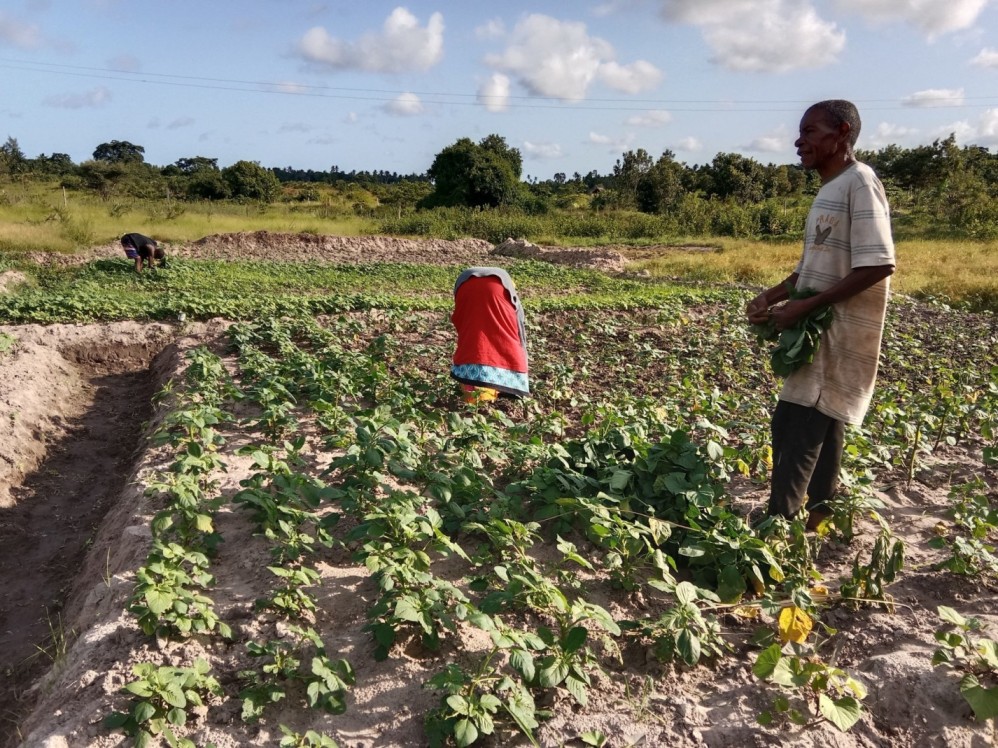
She told The Eastleigh Voice that her life became incredibly tough, especially after her in-laws turned their backs on her.
In the remote village of Dovi, located in the Msambweni sub-county of Kwale, 64-year-old widow Mariam Mohammed has found solace and success through amaranth (mchicha) farming.
What began as a means of solace and survival after her husband's death in 1995 has blossomed into a thriving enterprise that not only sustains her but also uplifts others in her community.
More To Read
- Mandera County turns to crop farming as climate change threatens livestock sector
- Sh2.8 billion budget slash puts 18 irrigation projects at risk
- Feeding hope: Kenya launches Sh648.2 billion initiative to tackle hunger
- 20,000 tonnes of fertiliser arrive at Mombasa port as planting season starts
- Garissa farmer champions fodder production to combat climate change
- Tanzania scientists working to develop disease-resistant bananas to combat deadly virus
"I had nothing when my husband died, just a 4-hectare piece of land and three young children," Mariam recounted, her voice carrying both the weight of her past struggles and the pride of her current achievements.
She told The Eastleigh Voice that her life became incredibly tough, especially after her in-laws turned their backs on her.
"My husband and I were both casual labourers. To make ends meet, we had to pull our finances together, but when he died, what I earned was not enough to buy food, pay for my children's education, and settle other bills. Due to this, I sank into depression," she explained.
Mariam's fortunes took a turn when she discovered the potential of amaranth, locally known as mchicha, beyond mere sustenance for her family.
"A neighbour approached me one day to buy amaranth leaves I had grown for personal use. That's when I realised I could earn an income from farming," she explained with a smile.
With determination and hard work, Mariam expanded her agricultural pursuits to include various vegetables, capitalising on her land and newfound expertise.
"Through this business, I managed to educate my three children. It wasn't easy, but seeing them succeed made every effort worthwhile," Mariam shared, her eyes reflecting both pride and maternal love.
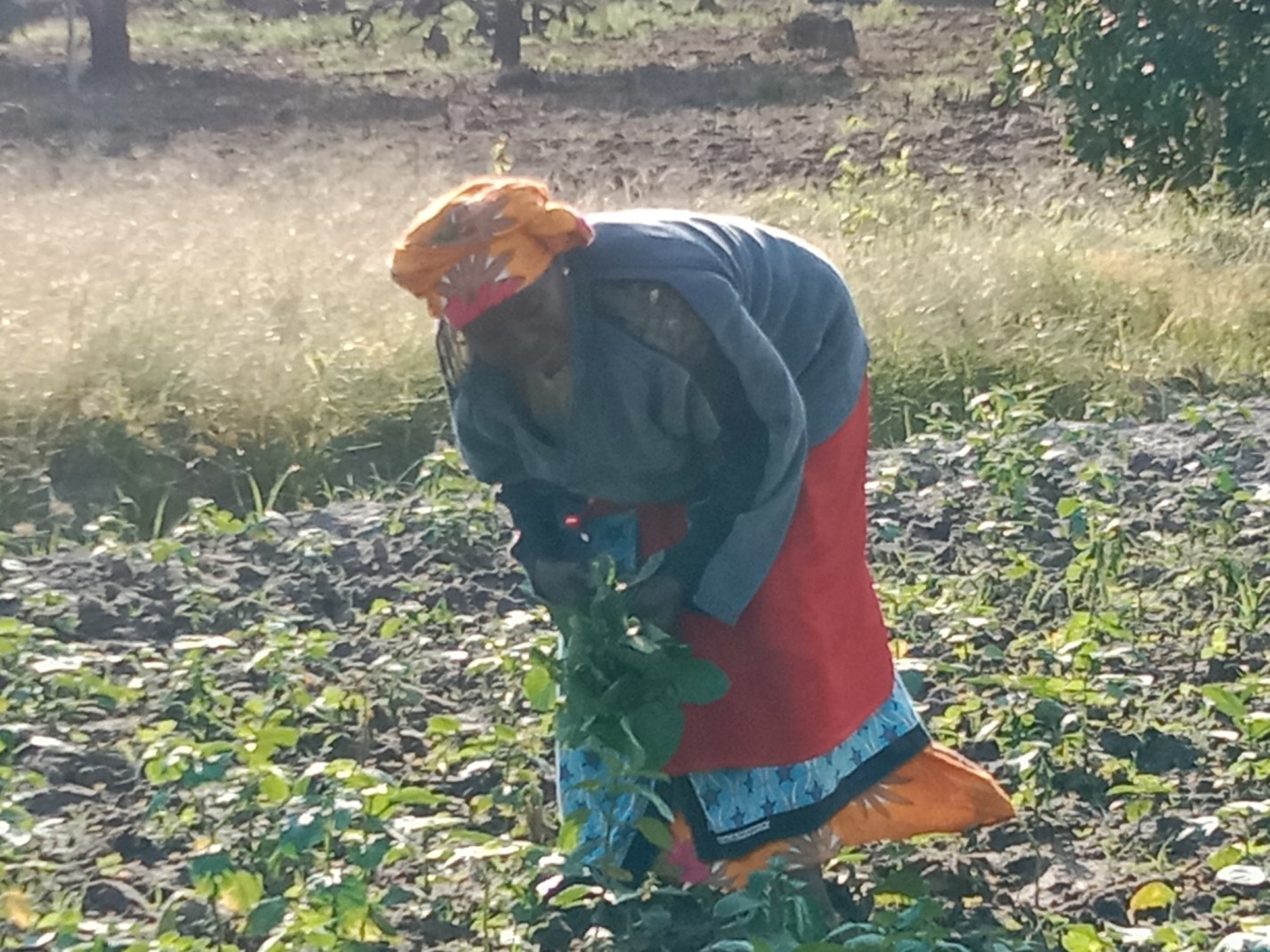 64-year-old widow Mariam Mohammed at her Amaranth (mchicha) farm. (Photo: Mishi Gongo)
64-year-old widow Mariam Mohammed at her Amaranth (mchicha) farm. (Photo: Mishi Gongo)64-year-old widow Mariam Mohammed has found solace and success through amaranth (mchicha) farming
Uplifting other widows and widowers
Mariam took it upon herself to ease the pain and challenges of other widows, understanding their struggle, including a lack of support and being abandoned by those who were once their loved ones.
"It is not easy being a widow. My friends abandoned me simply because they believed I would snatch their husbands. My in-laws did not want anything to do with me because they saw me and my children as a burden. I went through hell and would not wish for any other young widow to experience what I underwent," she said.
Recognising the plight of other widows and widowers in similar circumstances, she took the initiative to support them.
"I started by teaching agribusiness skills to fellow widows and some widowers. Some have become my employees, and together, we've formed an association where we encourage and support each other," Mariam stated.
Other Topics To Read
The association, which comprises nine widows and six widowers, provides more than just economic opportunities; it fosters a sense of community and shared resilience.
"We meet regularly to discuss challenges and share grief. It's not just about business; it's about lending each other a shoulder to cry on and lifting each other up," Mariam emphasised, her voice brimming with compassion.
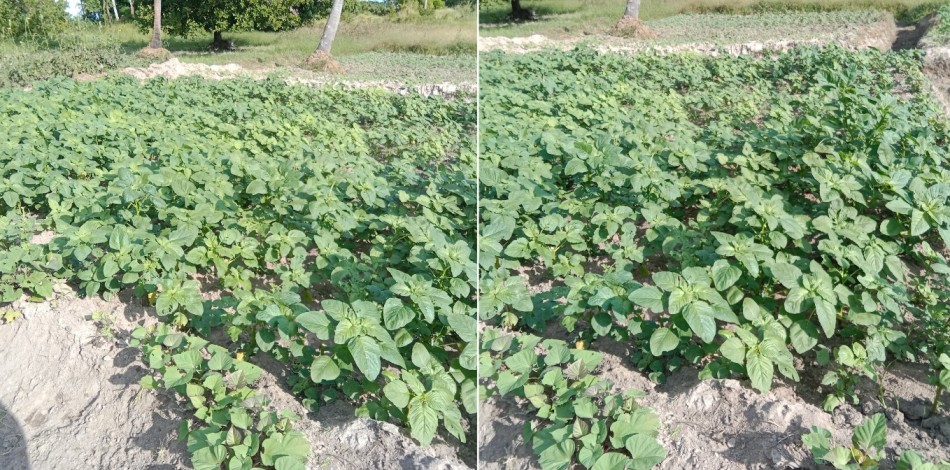 Mariam Mohammed's aramanth farm in Kwale County. (Photo: Mishi Gongo)
Mariam Mohammed's aramanth farm in Kwale County. (Photo: Mishi Gongo)Mariam Mohammed's aramanth farm in Kwale County. (Photo: Mishi Gongo)
Reflecting on the societal perception of widows and widowers, Mariam expressed a desire for policy change. She urged the government to introduce support kits for widows to start businesses and aid them to contribute meaningfully to communities.
"This way, we can be respected, not pitied," she asserted.
Mzee Saidi Mwagalu, a widower, said since he joined Mariam, the heaviness in his chest that was weighing him down has been lifted.
"Even though I had a source of income, I was lonely and had lost the desire to live. Through Mariam, I have found a new purpose in life. To help others in the community," he stated.
Fatuma Hassan, a fellow widow and member of Mariam's association, praised her, saying, "Mariam has changed our lives. She didn't just teach us how to farm, she taught us how to stand on our own feet again," Fatuma remarked with gratitude.
Through her unwavering spirit and dedication to farming, Mariam has not only transformed her own life but has also become a pillar of support for widows and widowers in her community.
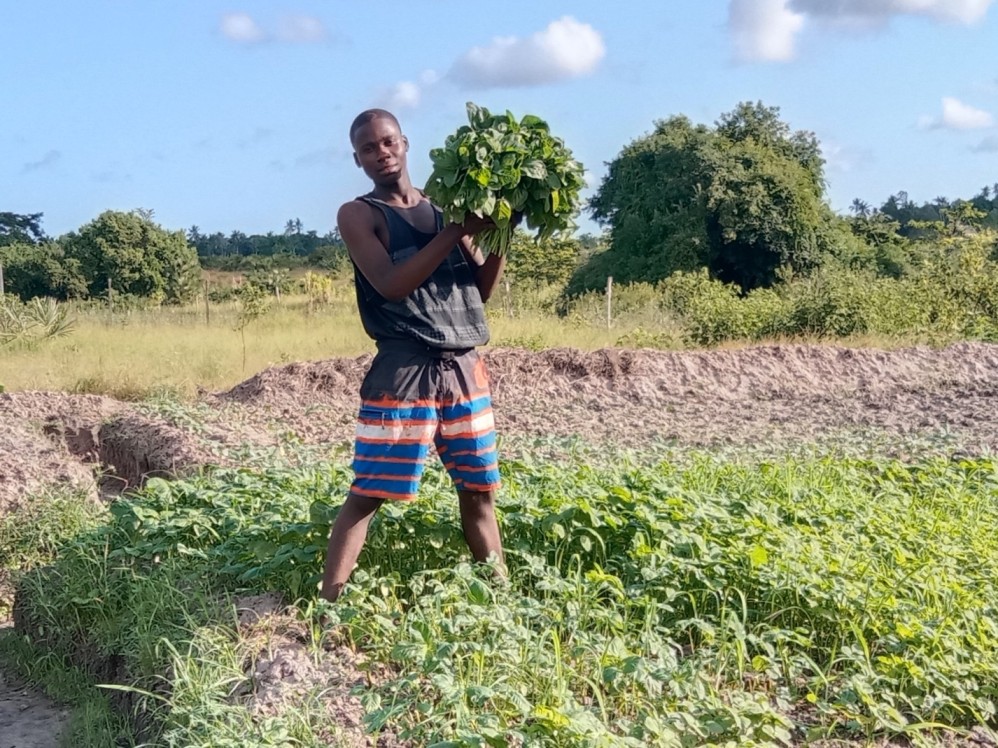 Juma Kassim, son of Fatuma Hassan, one of the widows, helps pick Aramanth from the farm. (Photo: Mishi Gongo)
Juma Kassim, son of Fatuma Hassan, one of the widows, helps pick Aramanth from the farm. (Photo: Mishi Gongo)Juma Kassim son to Fatuma a widow in Mariam association. He is helping out in the farm.
Top Stories Today
